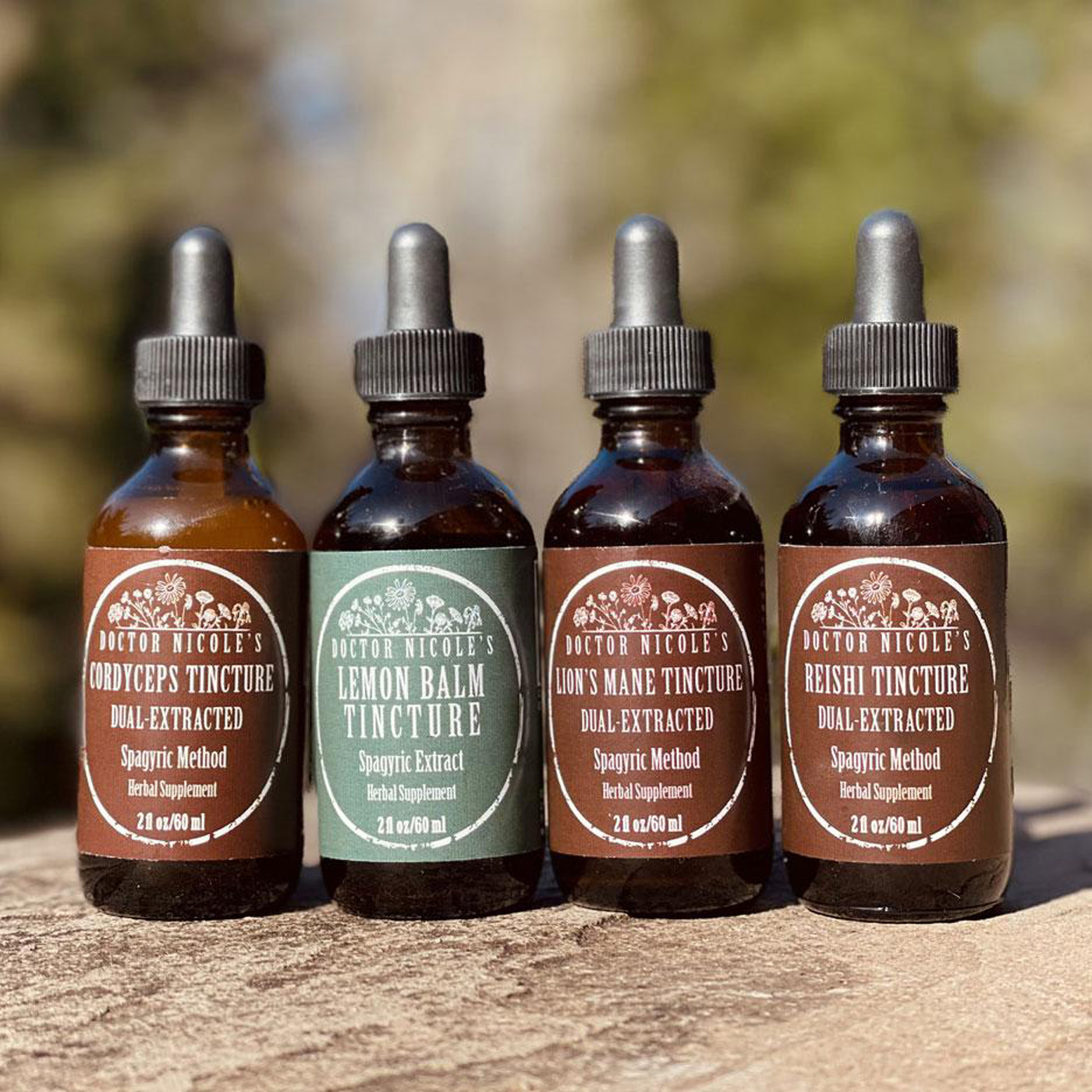Healing Through Dietary Choices
Throughout my journey with multiple sclerosis one aspect has become clear: diet has a major impact on my mental well-being and clarity. I have found that a ketogenic style of eating along with an anti-inflammatory diet have been exceptionally helpful in promoting brain health. I also find intermittent fasting to be beneficial as well as medicinal herbs. Current research agrees that diet can influence mental well-being and has uncovered some surprising correlations.
The Link Between Age, Diet, and Mental Health
A study published in the journal Nutrients explored the role diet plays in mental health. The survey took place over the course of 5 years and included 1,147 young women, 628 mature women, 641 young men, and 207 mature men. The definition of young was defined as ages 18 to 29 years, while those in the mature category were aged 30 or above. The study looked at diet and other factors, such as exercise frequency and time of the year, and how each influenced mental health.
Interestingly, both young and mature women experienced increased mental distress during springtime. The team also discovered that high caffeine intake and moderate-to-high fast food consumption increased negative mental health.
Young women who consistently ate breakfast and had higher levels of exercise experienced better mental health. Frequent exercise also had a positive impact on mental well-being for mature women, however regularly eating breakfast was linked with a higher level of mental distress for this age group.
Lina Begdache, Ph.D., coauthor of the study and assistant professor of health and wellness at Binghamton University, notes that “young adults are still forming new connections between brain cells, as well as building structures; therefore, they need more energy and nutrients to do that.”
For young men, frequent exercise, moderate consumption of dairy, and moderate to high meat intake was associated with enhanced mental well-being. In contrast, high fast food and caffeine intake lead to poorer mental health. Mature men who consumed moderate amounts of nuts experienced positive increases in mental wellness.
Ketogenic and Anti-Inflammatory Diets
Personally I have found ketogenic and anti-inflammatory diets to be the most beneficial for supporting not only physical well-being, but also clarity, memory, learning, and a bright outlook. In fact, a number of studies have shown both are helpful for a range of neurological disorders beyond multiple sclerosis, such as Alzheimer’s disease, seizures, migraine headaches, depression, and autism. Intermittent fasting is also extremely beneficial for supporting mental and physical wellness. You can learn more about ketogenic and anti-inflammatory diets, along with intermittent fasting in the post, My Favorite Diet for Managing Multiple Sclerosis.

Herbal Support for Mental Wellness
Of course, herbal remedies are also an integral part of my daily routine for physical and mental well-being. Lemon balm, lion’s mane, cordyceps, and reishi are all powerful botanicals for supporting mental health. These four potent, mental wellness supportive herbs are included in my convenient Brain Bundle in the Apothecary. Read about them below!
Lemon balm is outstanding for promoting a positive outlook and mental clarity, relieving anxiety and stress, and protecting against Alzheimer’s and dementia. It is also anti-inflammatory, which may be helpful for those struggling with depression as inflammation is associated with depression. Additionally, the herb helps to alleviate insomnia, thereby reducing brain fog and mood swings during waking hours.
Well-known for promoting brain health, lion’s mane mushroom helps to enhance memory, stimulate cognitive function, encourage the regrowth and recovery of nerve function, and prevent and help neurodegenerative diseases such as Alzheimer’s, dementia, Parkinson’s, and multiple sclerosis.
Cordyceps is beneficial for supporting brain and neural functioning, while also helping to limit neuronal cell death. It has been shown to enhance memory and because it is anti-inflammatory, may assist with easing depression. Moreover, cordyceps promotes restful sleep, which is crucial for mental health.
Not only is reishi mushroom a potent anti-inflammatory that alleviates depression, it also soothes insomnia and anxiety. People who regularly take reishi report that they experience an increased sense of well-being and quality of life. It is also an adaptogenic herb and assists with reducing the negative effects of stress and adrenal fatigue. Reishi is called “The Mushroom of Immortality” for good reason!
Each of these potent, mental wellness supportive herbs is included in my convenient Brain Bundle in the Apothecary.
It is my hope these practical tips will help to encourage a bright outlook in your own life during these uncertain times. Wishing you much health and happiness!
Nicole Apelian




